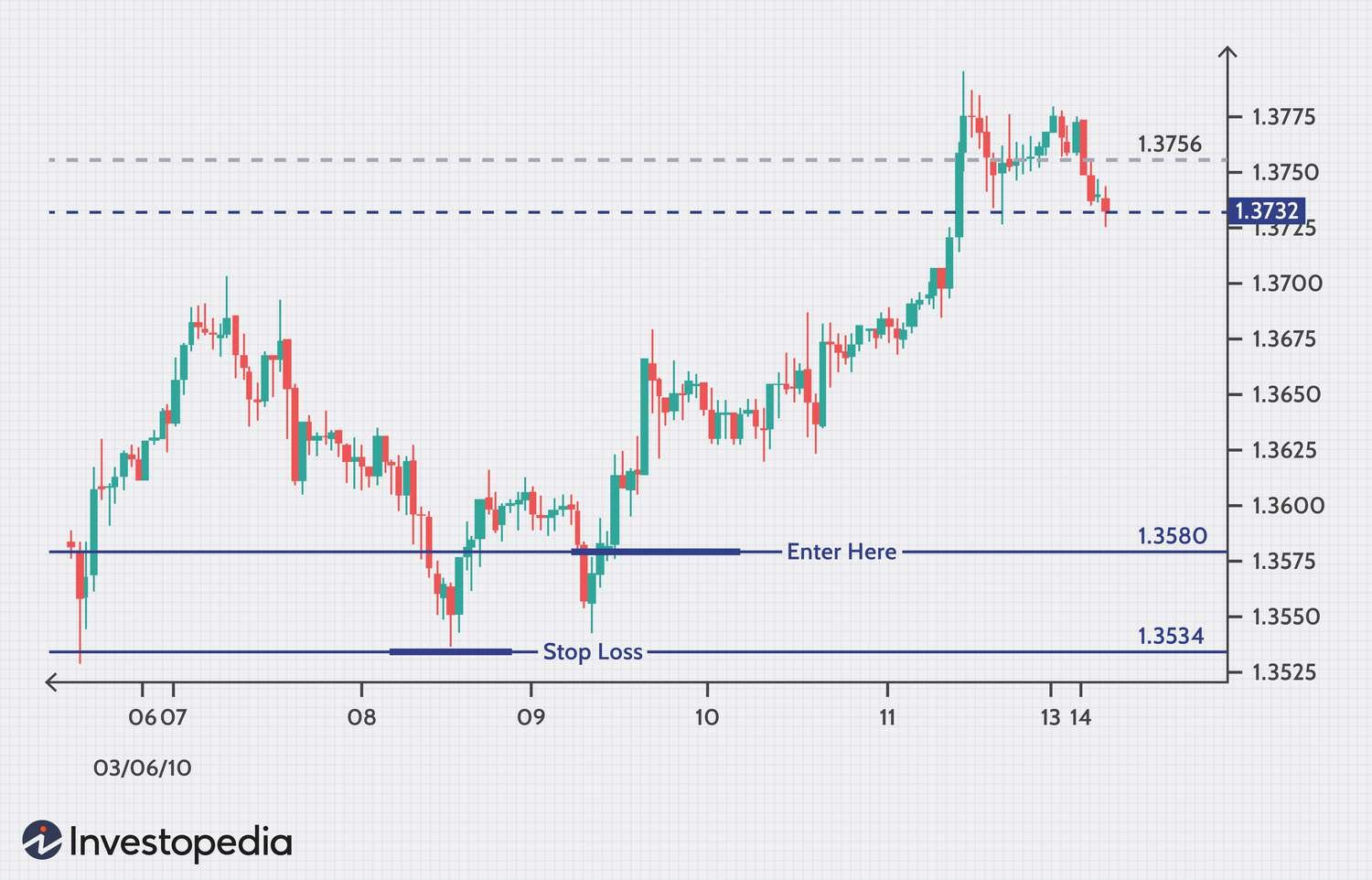A fiduciary is a trusted individual or entity who is legally obligated to act in the best interests of another party. Their responsibilities encompass a range of crucial tasks, ensuring that the interests of the party they represent are protected and prioritized. From managing investments and assets to making sound financial decisions, a fiduciary holds a position of utmost importance and must navigate complex financial scenarios with expertise and integrity. In this article, we will explore the intricate role of a fiduciary and delve into the core responsibilities they bear. So, let’s dive into what is a fiduciary and their responsibilities, shedding light on their vital role in safeguarding the financial well-being of others.
What is a Fiduciary and Their Responsibilities
A fiduciary is an individual or entity that is trusted with managing and safeguarding the assets of another person or organization. They are legally bound to act in the best interests of their clients and are held to a high standard of care. Fiduciaries have a wide range of responsibilities, and their roles can vary depending on the nature of the relationship and the specific circumstances involved. In this article, we will explore what it means to be a fiduciary and delve into their key responsibilities.
Understanding Fiduciary Duty
At its core, fiduciary duty refers to the obligation that fiduciaries have to act in the best interests of their clients or beneficiaries. This duty is rooted in trust and requires fiduciaries to put the needs and interests of those they serve above their own. Fiduciary duty is a legal and ethical obligation that serves to protect clients from potential conflicts of interest and ensure the highest level of care is provided.
Types of Fiduciaries
Fiduciaries can take on various roles, depending on the context in which they are operating. Some common types of fiduciaries include:
1. **Trustees**: Trustees oversee and manage trusts on behalf of beneficiaries. They are responsible for administering the assets held within the trust and ensuring that the terms of the trust agreement are followed.
2. **Financial Advisors**: Financial advisors who act as fiduciaries are bound to act in the best interests of their clients when providing investment advice or managing their financial affairs. They are required to disclose any conflicts of interest and ensure that their recommendations align with their clients’ goals and risk tolerance.
3. **Executors**: Executors are appointed to carry out the terms of a will and distribute the assets of a deceased person. They have a duty to manage the estate in accordance with the deceased’s wishes and handle any legal or administrative tasks involved.
4. **Guardians**: Guardians are entrusted with the care and well-being of individuals who are unable to manage their own affairs, such as minors or incapacitated adults. They have a duty to make decisions in the best interests of those under their guardianship and ensure their physical and financial needs are met.
Key Responsibilities of Fiduciaries
While the specific responsibilities of fiduciaries can vary, there are some fundamental duties that they are expected to fulfill. These include:
1. Acting in the Best Interests of Clients
Fiduciaries must always prioritize the best interests of their clients or beneficiaries. This means putting their needs first and avoiding any conflicts of interest that may compromise their duty. By acting solely in the interests of their clients, fiduciaries demonstrate their commitment to providing trustworthy and reliable service.
2. Exercising Care, Skill, and Diligence
Fiduciaries are expected to possess the necessary expertise and knowledge to fulfill their roles effectively. They must exercise care, skill, and diligence in managing and safeguarding assets, making informed decisions, and carrying out their responsibilities. This may involve conducting thorough research, staying up to date with industry developments, and seeking professional advice when needed.
3. Maintaining Confidentiality
Confidentiality is crucial in the fiduciary relationship. Fiduciaries have access to sensitive information about their clients or beneficiaries, and it is their responsibility to maintain strict confidentiality. This includes keeping personal and financial information private, only disclosing it when necessary and authorized by the client or when legally required.
4. Avoiding Conflicts of Interest
Fiduciaries must avoid conflicts of interest that could compromise their ability to act impartially. They should not engage in any activities or transactions that may benefit them personally at the expense of their clients. If a conflict of interest arises, fiduciaries are obligated to disclose it to their clients and take appropriate steps to mitigate or resolve the conflict.
5. Providing Clear and Timely Communication
Open and transparent communication is vital in the fiduciary relationship. Fiduciaries are responsible for providing their clients with clear and accurate information about their assets, investments, and any relevant decisions or changes. They should also be responsive to client inquiries and keep them informed about the progress and performance of their investments or affairs.
6. Keeping Accurate Records and Accounting
Fiduciaries are required to maintain accurate and detailed records of all transactions and activities related to their clients’ assets. This includes keeping track of income, expenses, investments, and any distributions made. Regular reporting and accounting ensure transparency and accountability, allowing clients to monitor the fiduciary’s actions and financial management.
7. Avoiding Unauthorized Use of Client Assets
Fiduciaries have a duty to protect and preserve their clients’ assets. They must not use client funds or assets for personal gain or engage in any unauthorized activities with the assets under their control. Fiduciaries are responsible for managing assets prudently, ensuring they are appropriately invested or administered to generate the best possible outcomes for their clients.
In conclusion, fiduciaries play a crucial role in managing and safeguarding the assets and interests of their clients or beneficiaries. They are legally obligated to act in the best interests of those they serve, and their responsibilities encompass a range of duties, including prioritizing clients’ interests, exercising care and diligence, maintaining confidentiality, avoiding conflicts of interest, providing clear communication, keeping accurate records, and protecting client assets. By fulfilling these responsibilities, fiduciaries help build trust, provide peace of mind, and ensure the well-being of their clients.
Fiduciary Duty | Ethics Defined
Frequently Asked Questions
Frequently Asked Questions (FAQs)
What is a fiduciary?
A fiduciary is a person or entity that has a legal and ethical obligation to act in the best interest of another party. In the financial context, a fiduciary is someone who manages assets or provides investment advice for clients.
What are the responsibilities of a fiduciary?
The responsibilities of a fiduciary include acting in the best interest of their clients, providing full disclosure of any conflicts of interest, exercising a high standard of care and loyalty, and managing assets prudently and skillfully.
What is the difference between a fiduciary and a non-fiduciary?
A fiduciary is legally obligated to act in the best interest of their clients, while a non-fiduciary may only be required to meet a lower standard, such as providing suitable recommendations. Fiduciaries have a higher level of responsibility and accountability.
Can fiduciaries receive compensation for their services?
Yes, fiduciaries can receive compensation for the services they provide. However, it is important that the compensation arrangement is transparent and does not create any conflicts of interest that could compromise the fiduciary’s duty to act in the best interest of the client.
Are all financial advisors fiduciaries?
No, not all financial advisors are fiduciaries. Some financial advisors operate under a suitability standard, which means they are only required to recommend investments that are suitable for their clients’ needs. Fiduciaries, on the other hand, have a higher standard of care and must act in the best interest of their clients.
How can I determine if a financial advisor is a fiduciary?
To determine if a financial advisor is a fiduciary, you can ask them directly about their fiduciary status. You can also review their disclosure documents, such as Form ADV, which provides information about their services, fees, and any potential conflicts of interest.
What are some common examples of fiduciaries?
Some common examples of fiduciaries include trustees, attorneys, financial advisors, estate executors, and corporate directors. These individuals or entities are entrusted with managing assets and making decisions on behalf of others.
What happens if a fiduciary breaches their responsibilities?
If a fiduciary breaches their responsibilities, they can be held legally liable for any damages caused. The affected party may take legal action to recover losses, and regulatory bodies may also impose penalties or sanctions on the fiduciary. It is crucial for fiduciaries to fulfill their duties diligently and ethically.
Final Thoughts
In summary, a fiduciary is an individual or entity entrusted with managing and safeguarding assets on behalf of another party. Their responsibilities encompass acting in the best interests of those they serve and avoiding any conflicts of interest. Fiduciaries must exercise due diligence, prudence, and loyalty in their actions, ensuring transparency, clear communication, and accountability. By fulfilling these obligations, fiduciaries help create an environment of trust and ensure the protection and growth of their clients’ assets. Understanding what is a fiduciary and their responsibilities is essential for individuals seeking professional assistance to manage their financial affairs.



